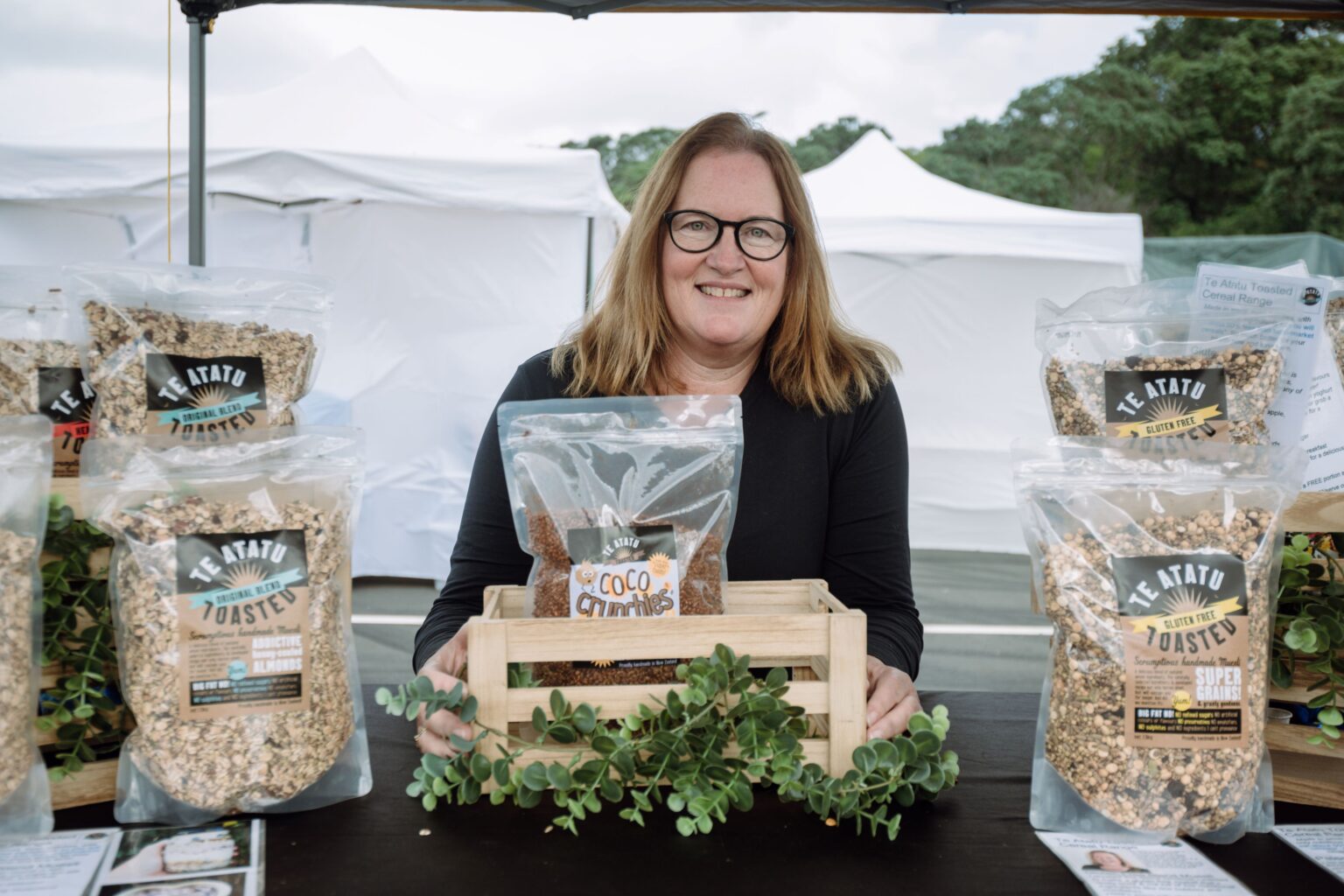Many small business owners are looking to make investments that will help them bounce back and beat the obstacles 2020 has thrown at them. But how can you feel confident you’re making the right next step?
At a glance
Here's a snapshot of the advice from our interviewees:
- Spend on critical marketing activity that’s going to boost your brand.
- Invest in getting the right help to digitise your services and processes.
- Invest time and money into learning new, important skills.
- Take a bite-sized approach. Avoid locking yourself into any long-term, high-cost investments.
We asked a handful of small business owners and a business coach to share their tips on strategically investing in your business during uncertain economic times.
1. Spend on your brand to stand out from the crowd
Anne Casey, founder of Auckland-based firm Marketing Minds, said the pandemic forced her to assess her own marketing strategies.
“Sales and leads don’t convert easily in tough times. To stand out from everyone else, we decided to enter a prestigious industry award,” she says.
Her business entered three categories in the TVNZ-NZ Marketing Awards (at $500 per entry) and hired an external copywriter to craft their submissions, so they were as compelling as could be. They were selected as finalists as a result.
“It raises our profile and gives us significant brand recognition with our target audience. Some companies will only work with people who are well known, and now that we can say we are finalists it enhances our reputation.”
Casey adds that another great way to get your name out there is understanding the basics of search engine optimisation (SEO) in order to drive more traffic to your website.
If you’re not confident in the world of SEO, you might consider making an investment in some training or bringing in an expert to do the heavy lifting, she suggests.
2. Consider the risks
Before making any investments, Gavin Lennox, CEO of Auckland-based SME advisory group The Icehouse, says there are some considerations to keep in mind.
“Of course, it will vary from business to business, but any large piece of capital expenditure or a long-term, cash-draining investment could be considered a risk.”
He suggests business owners take the time to determine what’s necessary right now and what can be acted upon in the future.
Instead, focus on smaller goals, like internal digitisation and communication equipment – at least for the time being – to ensure you’re putting your money where it matters.
“Most of those [digitisation] systems are available on a SaaS [software-as-a-service] pricing basis. They don’t represent a significant cash risk for businesses, but they can have huge impacts upon the productivity of the company.”
3. Invest in getting the right help
Kathy Fray runs MotherWise, a maternity wellness education and consultancy service. Prior to the pandemic, she delivered antenatal courses and education seminars across New Zealand.
With the world going online, she decided to invest in something that had long been on her to-do list – turning her consultancy’s wealth of knowledge into a proper online education course.
“I have a lot of resources online, but I decided to invest in putting them into a proper educational format and structure,” she says. “The pandemic was the fire under my chair. There has never been more need for online antenatal education, as many couples don’t want to be visiting hospitals right now.”
Fray knew she had the material but needed some help with the execution. She carefully researched experts in online education to turn her information into a complete and professional online program.
“I learned that you need to invest in a person who specialises in the service you are after,” she says.
4. Don’t forget yourself and your people
Lennox says business owners can invest the extra time that the pandemic might have afforded them in upskilling.
“Sometimes we make assumptions that everyone is at the same level of tech-savviness, but people have different levels of confidence with technology.”
By investing time in getting your staff up to speed on a new program or process, you can decrease the time it takes to reach your productivity goals.
He also says owners could use this time to invest in themselves as leaders.
“When you experience a major crisis like COVID-19, you have to make strategic and big decisions about the business. Many owners/managers feel ill-equipped to make some of those really important decisions, so they might consider peer-based learning.
“That might be through specialised one-to-one mentoring or more transformational business and personal development programs.”
Lennox also suggests investing in attending small business networking groups during these trying times.
“One of the challenges for small business owners is that they can feel the weight of the payroll on their shoulders. Sometimes they don’t have anyone to talk to. So [specific programs] can help you learn more about financial matters, strategic approaches and HR planning, for example, while also leaning from a cohort of like-minded business owners.”
5. Other key investments
Lennox’s final smart investment tips include:
- Get a customer relationship management (CRM) system – “It’ll help make sure customer-related activities and actions don’t fall through the cracks. A good CRM is the backbone of engaging with customers digitally.”
- Up your digital marketing game – “Many of those CRM systems have outbound marketing capabilities.”
- Keep it simple – “There are plenty of turnkey solutions that provide configuration tools for setting up a website, for example, which include ecommerce capabilities. And you don’t need to have a lot of IT skills to use them.”
- Hire a digitally-savvy employee with marketing expertise – “That would be a critical hire right now. In today’s world, that’s even more important than traditional marketing like events and direct mail.”
- Consider small, cost-effective platforms to increase productivity – “Now is the time to invest in getting the right platform for your internal operations, such as Microsoft Office 365 or Google’s G-Suite, that will deliver fast productivity returns.”
- Invest in becoming COVID-safe – “Retailers should be looking at contactless payment systems. Tracking is another area to consider. I’ve seen examples of ‘check-in, check-out’ products for large agricultural and vineyard businesses, which have lots of workers coming in and out, so they can track who’s coming onto the property, how long they have stayed, etc. Those are the types of niche investments that certain business owners need to consider.”




